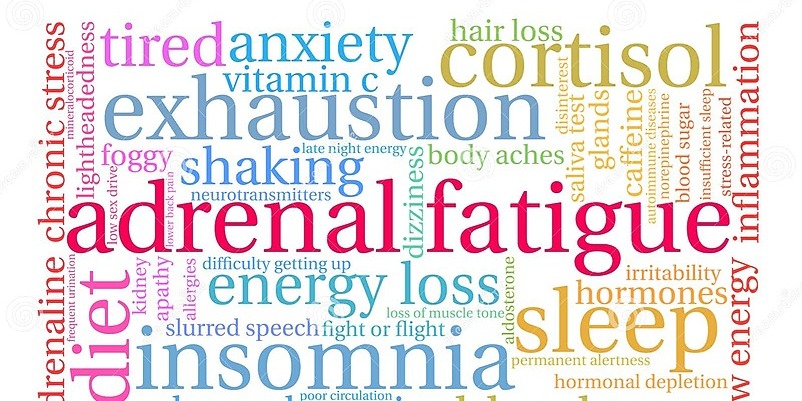Insufficient sleep: Lack of sleep, tossing and turning, waking up often, getting up to go to the bathroom or letting the pets out interrupts our sleep pattern.
What do interruptions do to our overall health and well being?
You might have trouble learning, focusing and reacting.
You might be more anxiety, have more caffeine to stay away and quick tempered.
You might overreact to certain situations or have the lack of resiliency to bounce back as quickly
Sleep deficiency can leave us all cranky, frustrated or worried in social situations. Did you know this can vary between children and adults?
Children might have problems paying attention. They might be overactive, misbehave and as a result their school performance may suffer. They might have meltdowns and suffer a higher risk of injury and broken bones.
The lack of sleep is ‘linked’ to many chronic , yes chronic health problems. Some include heart disease, high blood pressure, diabetes, stroke, obesity and depression. There is also a link to a higher change of injury in adults, teens and children.
Do you tend to doze off sitting, reading or after eating? If so, It might be time to rethink your routine or see a professional.
Do you micro-sleep? You can’t control microsleep and you might not be aware of it. What is it? An example is where you arrive at your destination after a drive and don’t remember part of the trip,
The good news is we know what to do about it!
- Routine - same bed time and wake time.
- Routine helps your body maintan hormones like a clock for daily rhythm. Your body relases a chemical called melatonin. It makes you feel sleepy.
- Activity - helps relieve anxiety so we can get a better night’s sleep. It also helps support our metabolism and hunger cravings, which in turn affects how our body reacts to insulin.
- Eating health- Fruits and veggies and fibre. Drastic changes all at once may backfire, so try and add an extra fruit or veggie a day. Then add another one to the plate a week later and so on.
Body clock varies with age:
Teenagers - Fall asleep later at night than younger children or adults. Melantonin in teenagers reaches its peak later in the 24 hour cycle. Yes\, this is why they prefer later bedtime at night and sleep later in the morning.
Young children - They sleep more early in the evening.
Adults - We go to be dearier and wake up earlier.
These patterns cvhange as we age! So if you want some ‘down time’ put your children to bed early for some self care.













